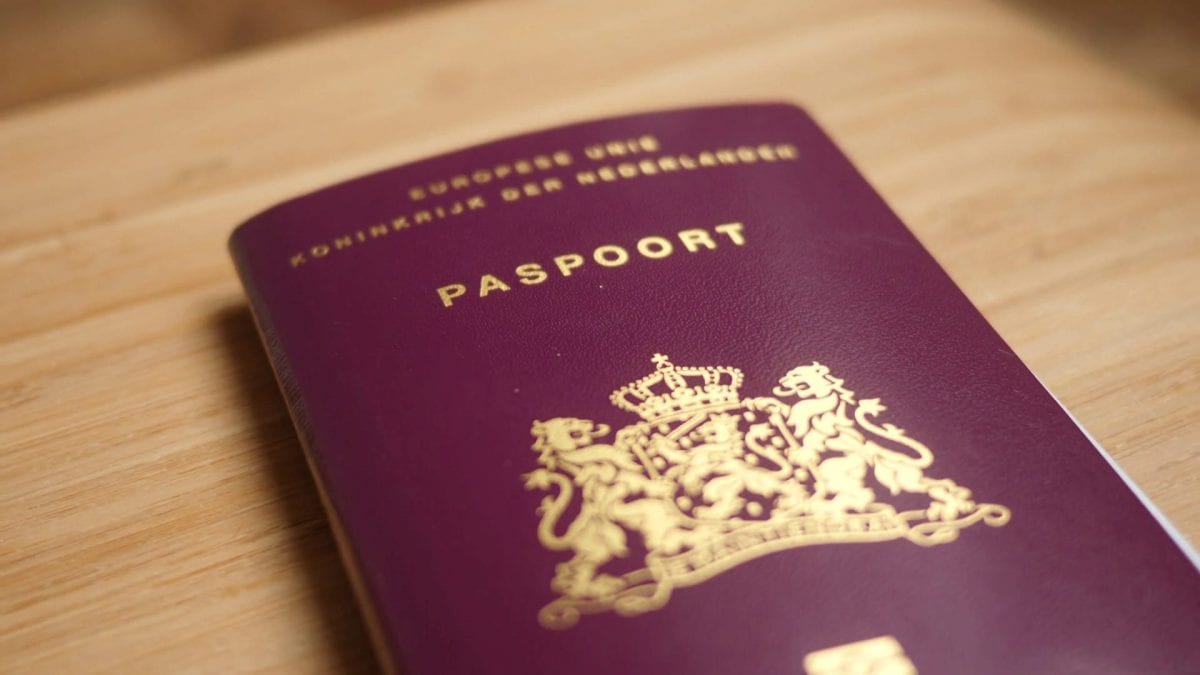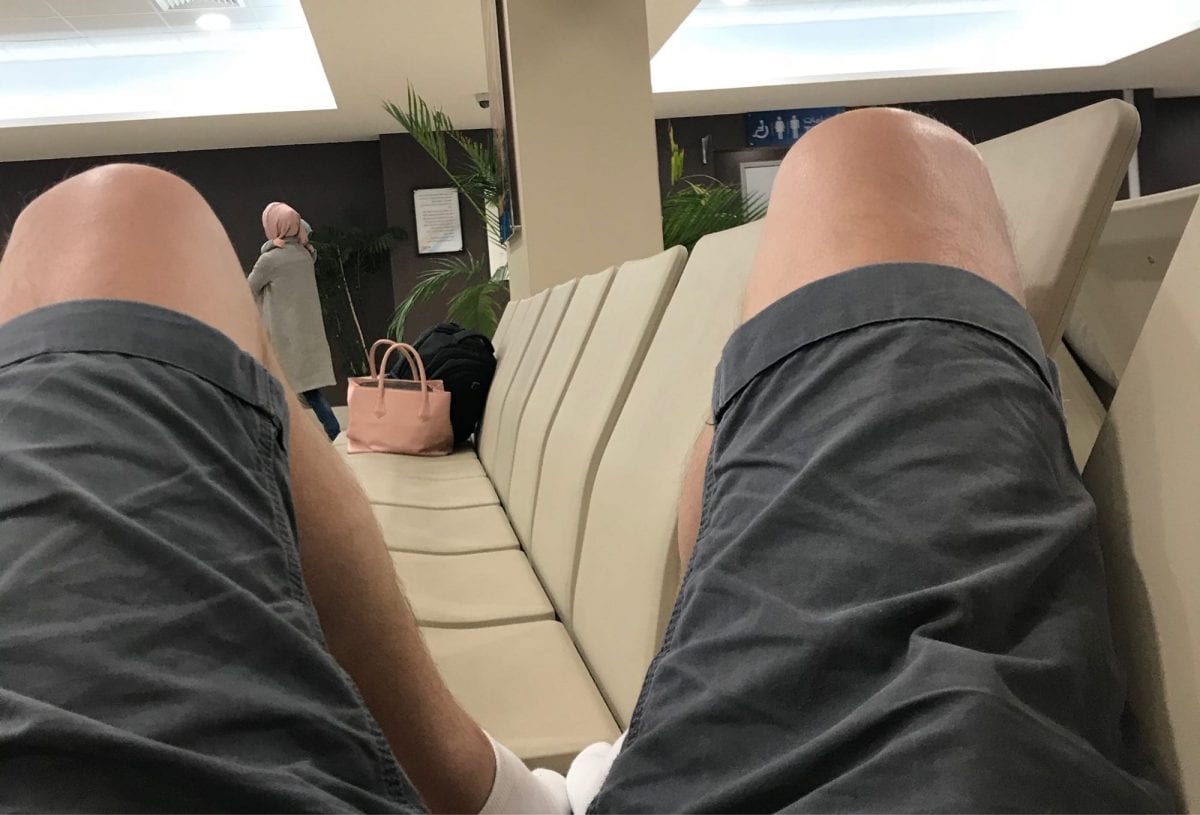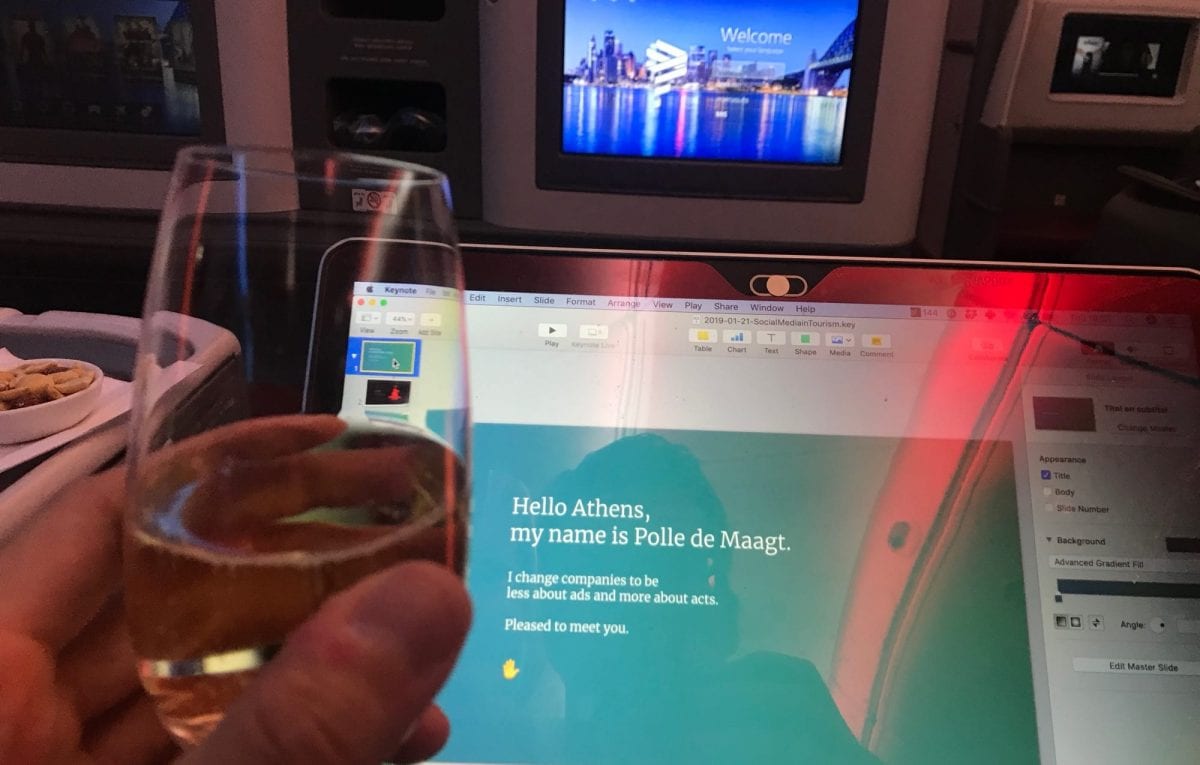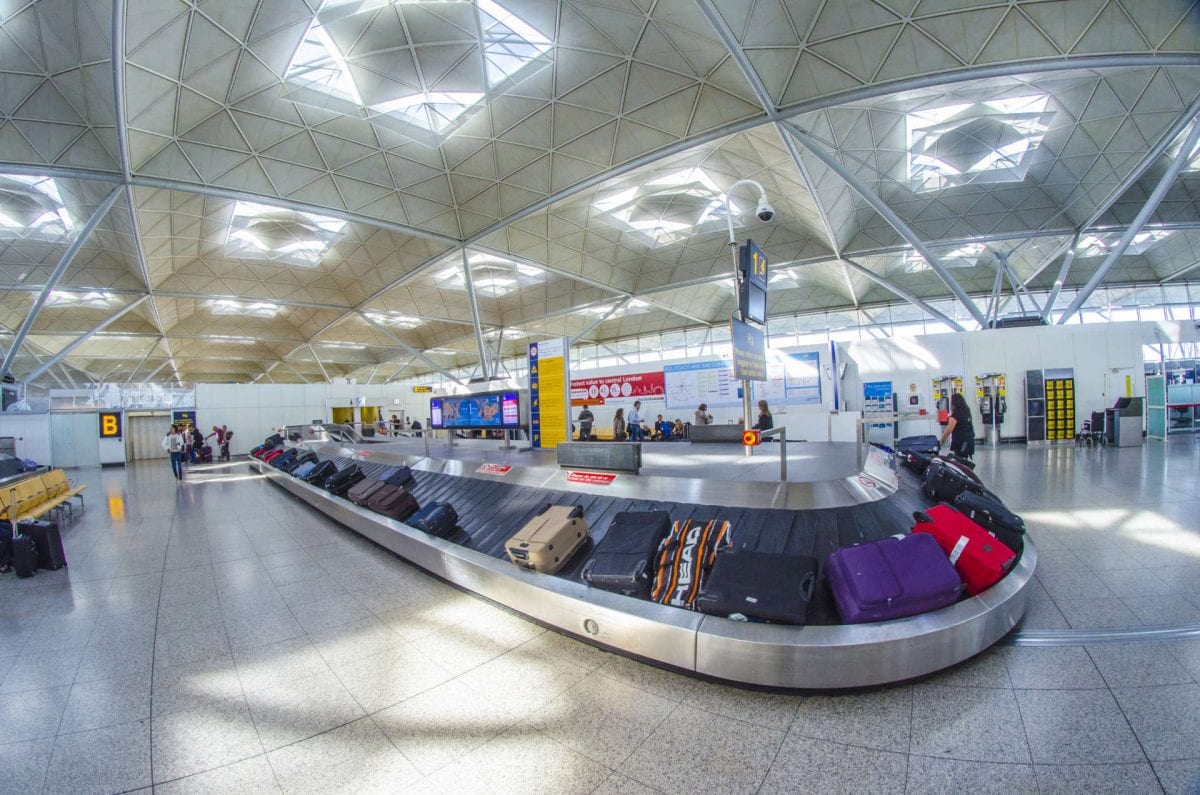“Sir, has your passport been stolen?”. There are some things you do not want to hear from the mouth of an airport border security agent. “Sir, has your passport been stolen?” is one of them. So this is the case of the not-missing passport.
I had arrived early in the evening in Frankfurt after that day’s trip from Amsterdam and a quick meeting in Madrid. My last barrier between the plane and Frankfurt was the airport border security agent, a friendly late-twenties woman.
But while normal security checks are routine, this one took a bit longer. She kept looking at my passport, checking her screen, browsing through pages. And then she asked me “Sir, has your passport been stolen?”.
My mind started working overtime. Where did I go? Where did I leave my passport? Did someone have access to my passport? Where did I store my passport data? Did someone make a copy of my passport?
The agent saw my confusion and told me it was ok and that I could move on. It left me confused, but whatever. I could not think of something that was wrong.
The next day, when leaving Frankfurt, the exact same thing happened. The agent asked me if my passport was stolen.
As it was quiet when I was passing security, I asked him what was going on.
Turned out, all missing or stolen passports are centrally registered. As my last name is ‘de Maagt’ (which loosely translates into ‘the virgin’ in English, but written incorrectly), it has the part ‘de’ (‘the’) in it, which is rather common in Dutch names (as in ‘Frank de Boer’).
As the ‘de’ part of the name is so common, when spotting another ‘de’, the system would give an alert. With so many Dutchies having ‘de’ that would happen a lot.
Guess there are a lot of amazing things about being from The Netherlands, having a last name with ‘de’ is just not one of them.






